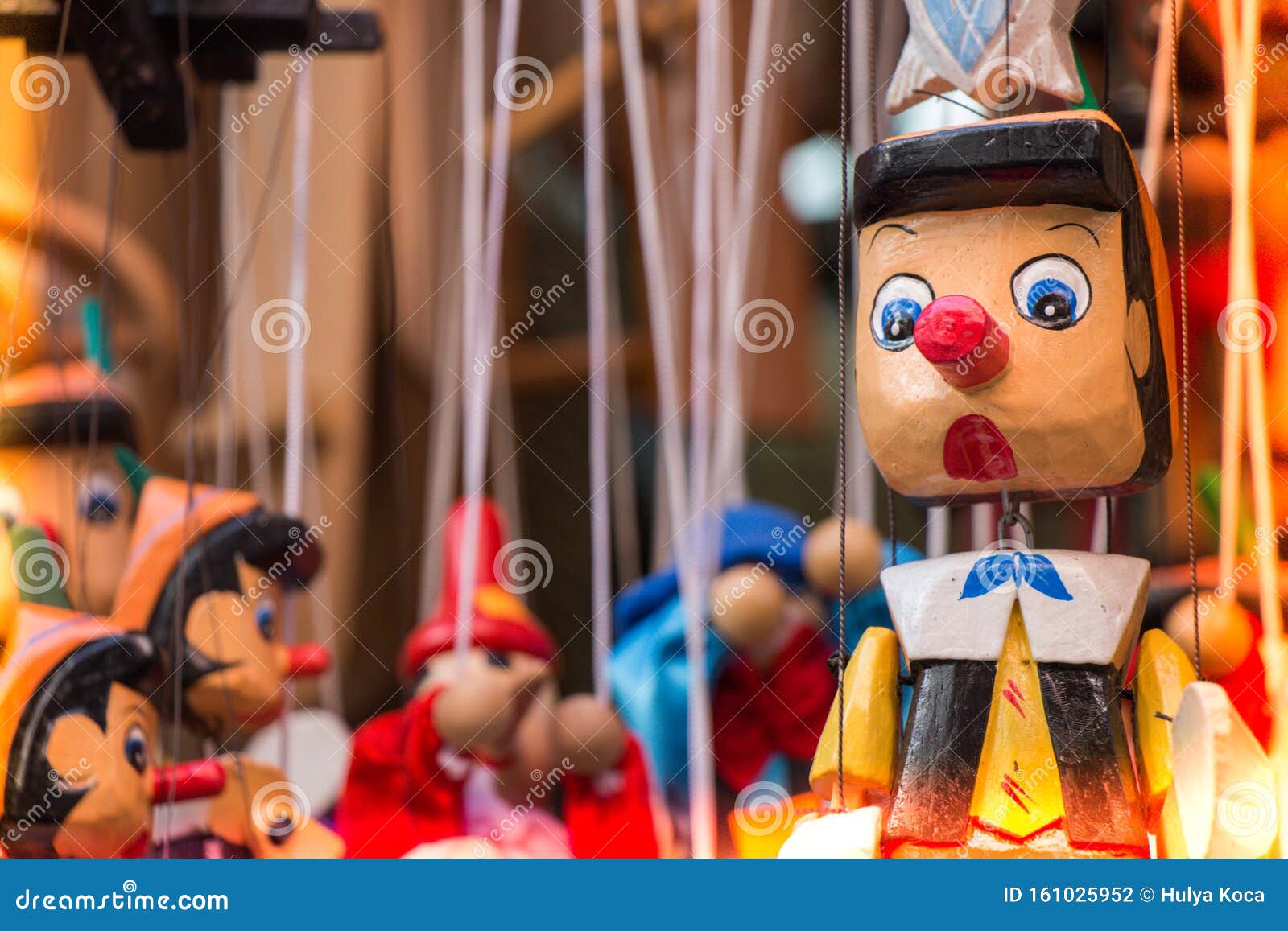

When the puppet goes to court after being robbed, the judge - an ape - sends him to jail as punishment for his gullibility.ĭespairing of his contemporaries’ values, Lorenzini appears to have decided that the best contribution he could make to his country’s future would be to invest his talents in improving the ethical caliber of future generations. Lorenzini’s cynicism about the new Italy runs through Pinocchio’s story like a trickle of acid. It is set in an environment the author knew well from his childhood: the harsh world of the rural poor that most of Italy’s politicians were only too happy to ignore. What follows is a “fairy tale” devoid of princes and princesses, valiant knights and frail damsels.

Lorenzini was sailing mighty close to the wind when in 1881 he began his serialization that way. Once upon a time there was … a piece of wood.”Ī king compared to a lump of wood. Some of his disenchantment can be discerned in the very first lines of “The Adventures”: “Once upon a time there was … ‘A king!’ my little readers will no doubt say in a flash.

The country’s governments were increasingly corrupt and cynical, its administrators, in Lorenzini’s view, largely untroubled by the desperate circumstances of the majority of Italians. But, as his many articles show, he became profoundly disillusioned with the new state that emerged from unification under its first king, Victor Emmanuel II. Twice, he put his life on the line for the nationalist cause, enlisting to fight the Austrians in Italy’s first and second wars of independence. Lorenzini had been a passionate supporter of Italy’s liberation from foreign rule and its unification, proclaimed in 1861. It seems more likely that he had a specific objective in mind. But that cannot be the whole explanation since he continued, on occasion, to use his pen to lampoon the authorities. One theory is that political satire had become incompatible with Lorenzini’s regular job as a civil servant. His motives could probably have been deduced from his correspondence, but his brother Paolo burned his letters after discovering, in the words of a nephew, that some “could have compromised ladies who were still alive and very well-known.” Why he began writing for children in the mid-1870s is unclear. Born in Florence in 1826, he was a prolific contributor to political and cultural periodicals and a tireless critic of his country’s leaders, frequently rebuking them for their indifference to the poor and socially disadvantaged. The book’s intended message has largely been lost under the coating of saccharine that Hollywood spread over it.Ĭarlo Collodi was the pen name of Carlo Lorenzini, a journalist and satirist who made ends meet as a government office worker. First conjured into existence 138 years ago, in the pages of a newspaper for children, Pinocchio was the invention of the Italian writer Carlo Collodi, who published the puppet’s escapades as “The Adventures of Pinocchio” two years later. What del Toro, who has spoken of a lifelong fascination with Pinocchio, doubtless recognizes, and what Garrone as a cultured Italian would not need to be told, is that the original story is a work of considerable complexity, comparable to “Alice in Wonderland ” or “Gulliver’s Travels ” and much darker than Disney’s cheery fable about the price of youthful mendacity.

(A third Pinocchio film, a live-action remake of Walt Disney’s 1940 cartoon, is currently under discussion at Disney.)
#Fairytale fights pinocchio movie#
Can it be a coincidence that two of the world’s leading movie directors are at work on productions inspired by the famous puppet? Guillermo del Toro, who directed the Oscar-winning “The Shape of Water,” has chosen the Pinocchio tale for the subject of his first animated film, and Matteo Garrone, the director of the widely acclaimed “Gomorrah,” is also planning one about the marionette, to star another Oscar winner, the Italian comedian Roberto Benigni. Pinocchio, that lying rascal, would seem a ready-made icon for an age of fake news and bots, of alternative facts and internet trolls, of doubts about the reliability of conventional media.


 0 kommentar(er)
0 kommentar(er)
